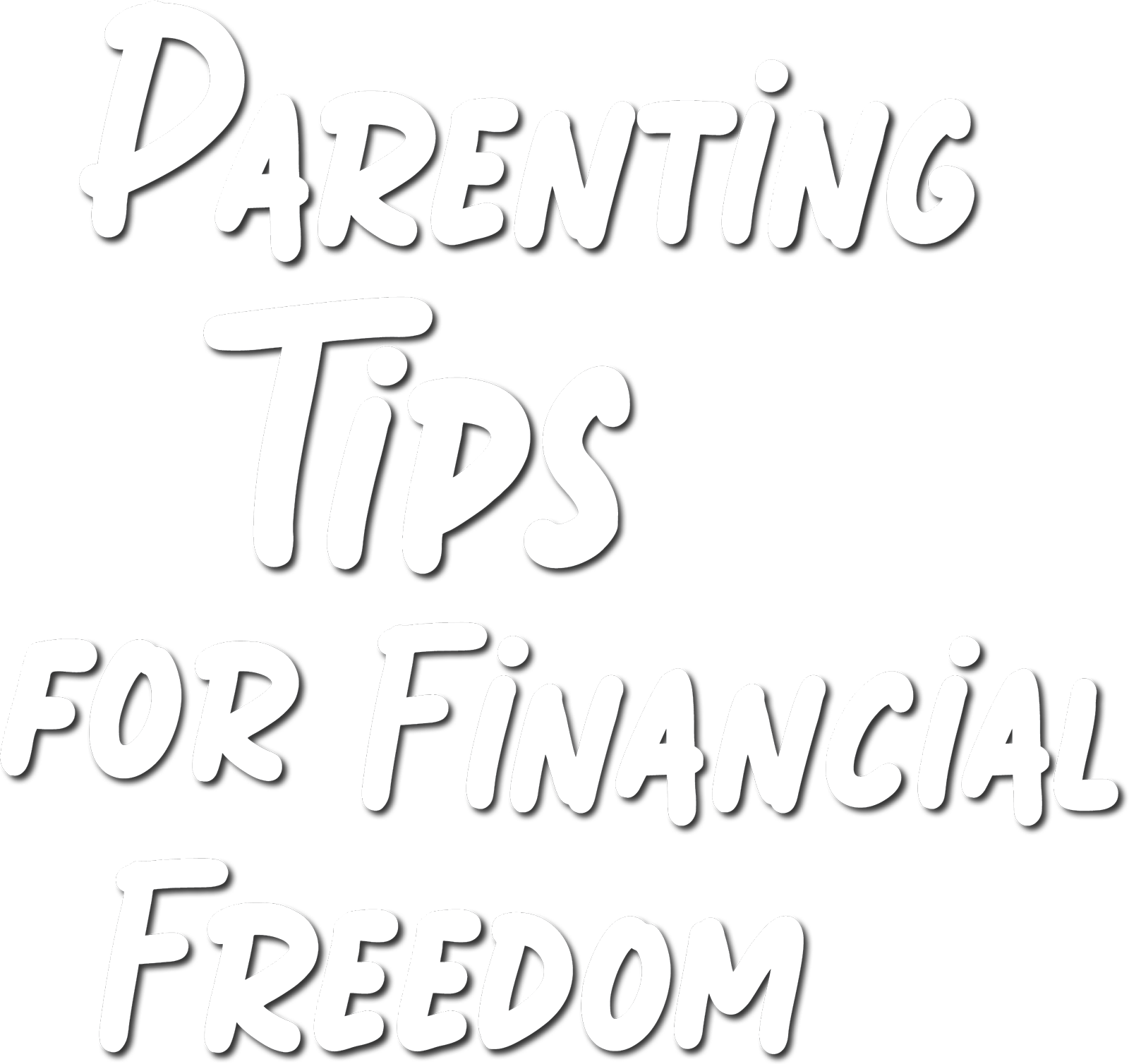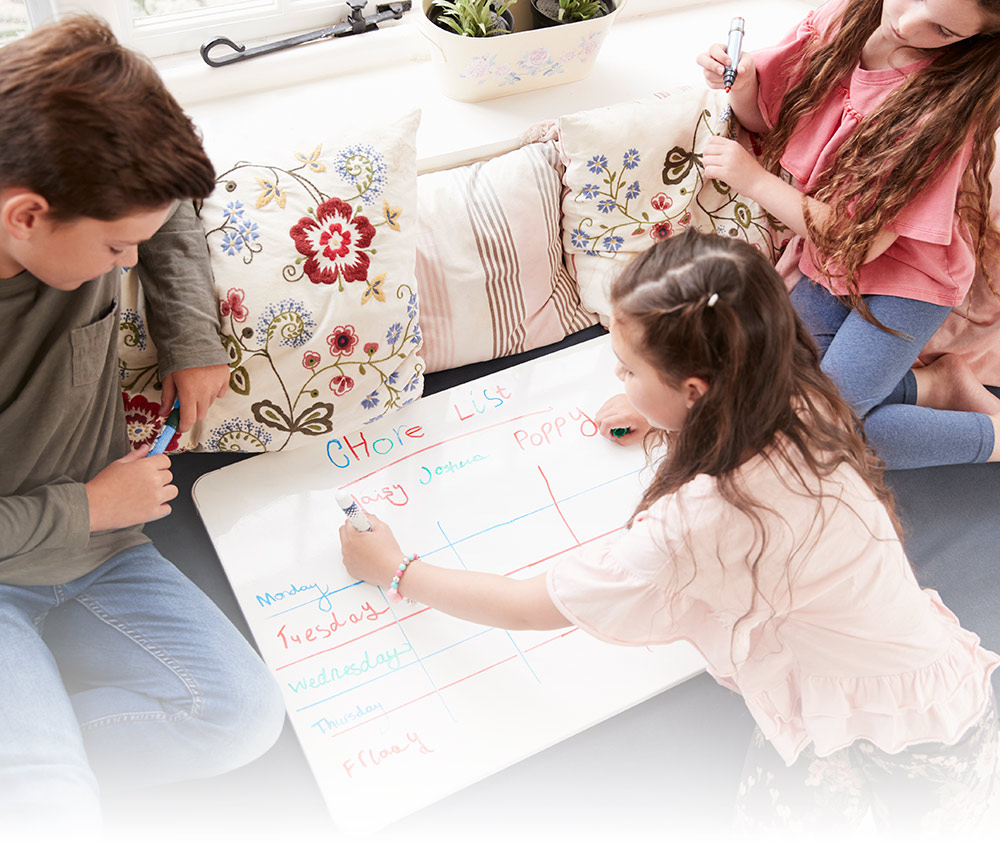
Charla McKinley


s determined as I was to counteract it, my son developed an attitude of entitlement. As soon as each “gift-giving” event was cleaned up and the gifts put away, I inevitably heard, “What’s next?”
I stopped being so generous.
Wait, what?
The truth is, kids aren’t always thankful just because we require them to say “thank you.” As a very coddled only child, I, too, was clueless about the effort that went into taking care of me. It was not until I had my first child that my eyes were opened and my gratitude began to flow. How sad that my mom had to wait thirty years to be thanked for her sacrifice!
But there are ways we can help our kids avoid falling in that trap of entitlement. We decided to institute three requirements to plant the seeds of gratitude instead.

Let me be clear, a chore is something children do for the family, not simply picking up after themselves. If children make a mess or have messy rooms, that mess is a consequence of their choices which must be addressed. A chore, on the other hand, is a contribution to the general upkeep of the household.
When you divide and conquer the household chores, children see the effort required to run a family and know they are sharing that burden with others. This is the fertile soil gratitude germinates in.
In my experience, letting children pick their chores is an easier way to get cooperation. One trick that works for me is to host a “chore draft.” The chores for the day/week are written down and you go around a circle with each member of the family choosing one chore off the list until all the jobs are handed out. I take it a step further and assign the “first round draft pick” to the family member who worked the hardest from the day/week before.
Allowances need to include guidelines. We had two:
- The money is to be used to buy their wants (candy, toys, games, etc).
- They must be able to account for how they have spent the money.
You may want to keep it simple like we did, or add a few as your children get older. For example, you may want to require them to buy birthday gifts for friends when invited to a party.
This practice of giving an allowance with guidelines has many welcome side effects including gratitude.
If your children do not know the value of money—through experience and not just lectures or board games—they cannot possibly be grateful for the effort it takes to purchase gifts. Seeing firsthand how fast money goes and how long it takes to save more will help your children be grateful when they receive a gift.
I feel very strongly that both chores, as I have described above, and allowance should not be linked. Because we are raising adults, it is important that we do not send the wrong message about compensation for household work. There are many reasons for this, but perhaps the biggest is that you don’t want a labor strike from children who decide they don’t need the money!
A word of caution: this only works if you do not supplement your children with money if they run out!
For You
One common thread runs through each of these three requirements: responsibility.
Letting your children take responsibility for their own lives is our calling as parents in raising adults. The transition of responsibility will naturally get them ready for the real world, but more importantly, it produces gratitude during those moments when others give to them. Fair warning, though: Don’t expect signs of gratitude overnight. Stay obedient to the path and trust the results will come.
To help you remember the path to gratitude, I have a Gratitude in Three Steps chart you can use as a visual reminder of the elements that will counteract our entitlement culture.
I am passionate about giving parents the tools they need to prepare their teens for financial independence. I firmly believe that in order to prepare teens for the road ahead they must be given the opportunity to practice making good (and not so good) choices using real dollars before they get out into the world and have real regrets. While homeschooling my two children, I was inspired to write an interactive personal finance curriculum that opens students’ eyes to the high costs of being an adult. Come see.
www.bpfclass.com

